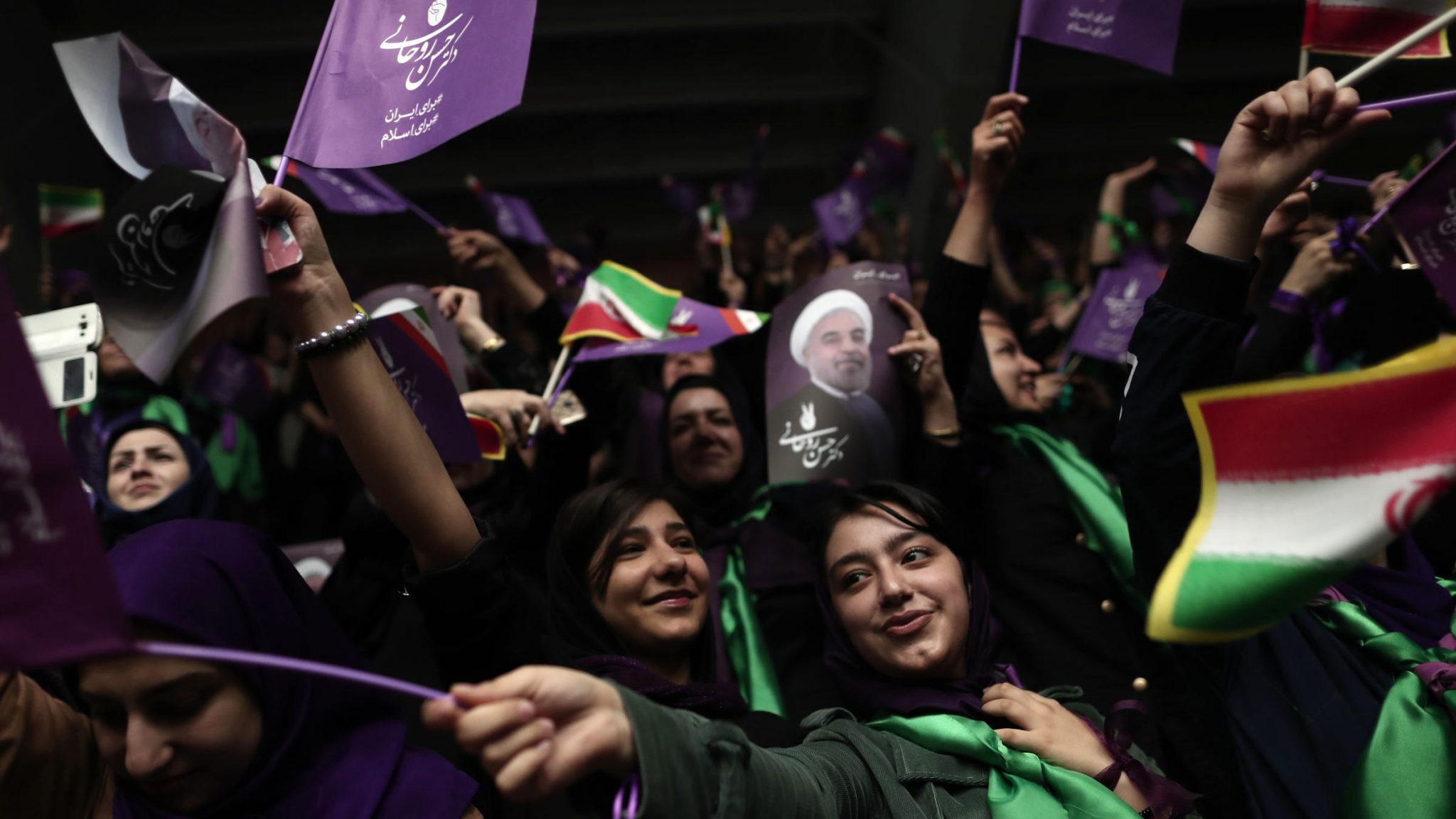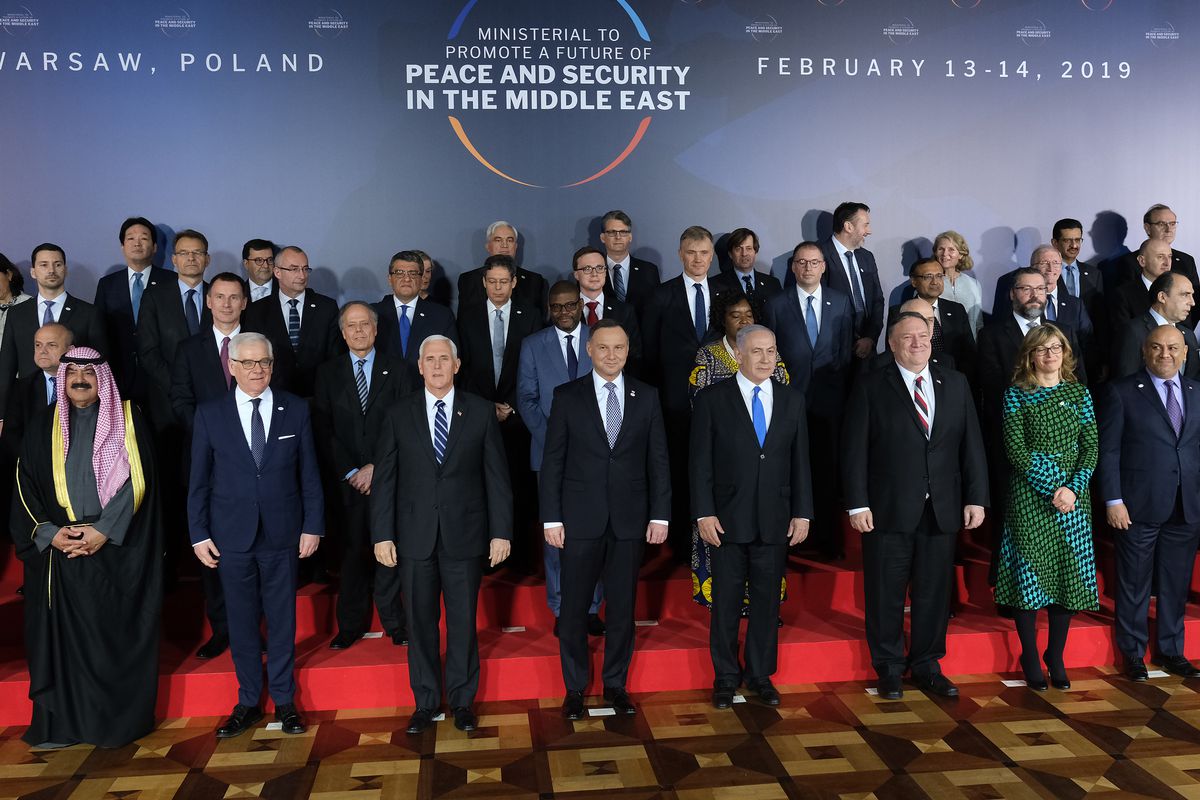
[authorbox authorid=”65″ title=”The Author”]
After firing back at Donald Trump on the nuclear deal, Hassan Rouhani, President of Iran since 2013, delivered a surprising speech to Parliament on December 10th 2017 in Tehran calling for more freedoms in the country. He declared: “People want the government to leave them alone; The people are right, not the government ; We must work to make the rights of citizens a culture”.
Elected “Person of the year” in 2015 by Time magazine, President Rouhani started last May his second Presidential term with a large victory. Seen in Iran as a moderate, he promised during his campaign to bring progressivism in the society: improve civil rights, guarantee freedom of speech, protest, fair trials and privacy to restore the dignity of the nation, which is the opposite direction from the establishment hardliners who keep a suspicious eye on the President’s motives.
With the Iranian Islamic Revolution advent in 1979, women’s rights including the right to vote were simply repealed, bringing the country back to the middle age era where a women was considered half the value of a man. In 1986, Ayatollah Mohammad Yazdi declared during an interview: “Your wife, who is your possession, is in fact your slave”. Since then it’s been a long way for women in Iran to fight back the religious obscurantism.
In these past years, many feminist movements and activists rose up on social media and online campaigns for their voices, ignored for decades, to be heard. “My Stealthy Freedom” was an example of online campaign that spread worldwide to give Iranian women the right to choose whether they wish to wear hijabs or not.
We cannot ignore the similarities between Hassan Rouhani’s speech and the signal recently sent by the Prince of Saudi Arabia, Mohammad bin Salman, promoting reforms for a progressive and modern Islamic nation. According to iPos poll conducted in March 2016, the current President of Iran is the second most popular politician in the country with 75% approval among the public opinion. And that’s precisely the strong leverage President Rouhani needs to beat the conservative Establishment and enforce the necessary reforms: the people.
In a country where women represent 70% of the students, work and participate in economic life and are members of Parliament, a tolerant society towards women and open to human rights seem to be inevitable. But the hardliners are standing firm. Censorship in media has not eased yet under Hassan Rouhani’s mandate, Iran’s internet is tighly controlled and there are still many journalists and opposition activists in jail.
So is Hassan Rouani’s Presidential second mandate a turning point for Iran? Even though he pledged for reforms the actions to transform Iranian society are still waiting ahead. For yet how long will Iranians remain patient with President Rouhani’s promises?




2 Comments
Masoud
The promises of Mullah “Rouhani” are false promises because he confirms the constitution of Velayat-e Faqih and is approved by the religious dictatorship. The Iranian people do not listen to such false promises. The rights of the Iranian people will only be achieved through the change of this medieval regime and the establishment of freedom, democracy and human rights. Mullah Rouhani is part of this repressive and criminal system.
Masoud
As I wrote on December 27, today you see protests across all over Iran, the people chant: Death to Khamenei, Death to Rouhani, Not reformist, Not hardliner, game is over! Death to dictator, and many slogan for freedom, democracy and human rights. So Mr. Senneville, did you listen to Iranian people? Your analyze was completely wrong!
Comments are closed.